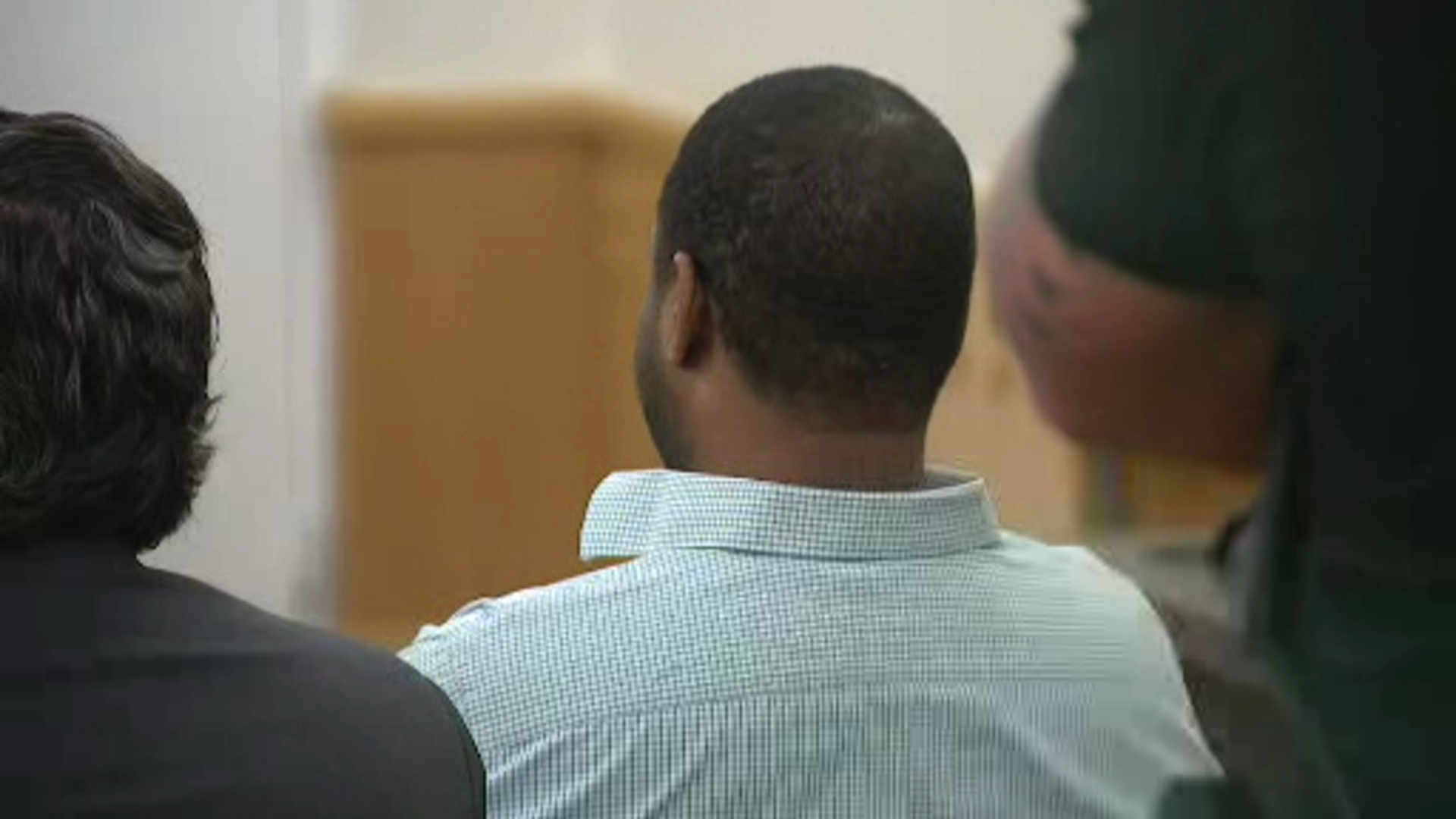According to census numbers, less than a third of Americans are saving money in their 401K or other workplace retirement accounts. And 80 percent of us work for companies that offer retirement programs.
So why do many of us skip the savings programs?
People bogged down in student debt might say they don't have the extra money for retirement savings. People saving for a home can use the excuse they'll save after buying a house.
Certified Financial Planner Mary Beth Storjohann says that's a big mistake.
"There is no excuse for not contributing to your retirement," says Storjohann.
Especially if you're passing up on an employee savings plan that offers some sort of matching contribution.
"If you're looking at your employee sponsored 401K plan, or retirement plan, and they offer a match and you're contributing to the 401K or to the plan, you're leaving free money on the table," Storjohann said.
Local
The latest news from around North Texas.
And that money adds up, especially for younger workers who are often the first to ignore the optional savings plan.
"You have time on your side. The younger you are, the earlier you start, the better it is for you in the long run," Storjohann said.
Storjohann says she hears from people who say they'll save after they pay down credit card debt or student loans. While those debts may limit your contributions, everyone needs to start some sort of savings strategy.
"Are they going to be depending on their children to take care of them? Do they understand that there aren't loans available for retirement? It makes me worried about are these people actually thinking about the long term," she said.
Another excuse people give for not saving for retirement: a lack of confidence in the stock market. But you've got to get over it.
Experts say your future self needs you to start saving today.
To start contributing to a retirement plan, here's what you should do:
- Check with your employer to make sure you're contributing enough to get the full match from the company you work for.
- The rule of thumb is if you're in your 20s, you should start with 10 percent of your income into a retirement account.
- You should also increase the amount you put into your 401K by one percent every year.



